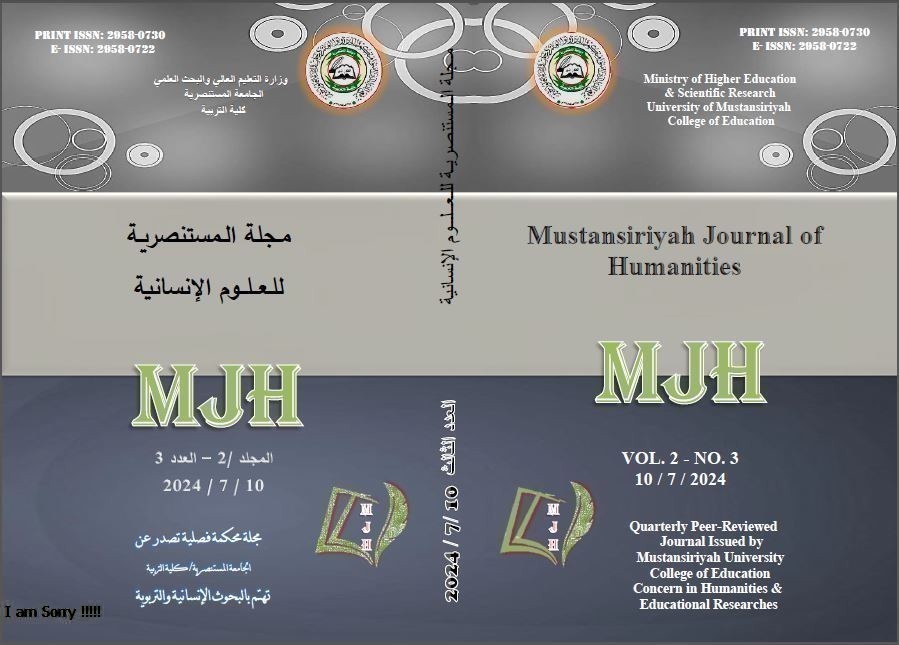The development of the internal political situation in the government of Bangladeshi President Hussein Muhammad Ershad 1983 -1990
DOI:
https://doi.org/10.47831/mjh.v2i4.602Keywords:
Bangladesh, opposition, internal , president.Abstract
The period of President Hussein Mohammed Arshad’s rule is characterized by the continuation of martial law imposed on the country since he assumed power in December1983. His rule leads the country to a stifling and ongoing political crisis with the opposition, which continued throughout his rule. This is accompanied by continued arrest campaigns against party leaders of the opposition, students and journalists. These campaigns are always intensified. Thus, the movement of daily life of the Bangladeshi is paralyzed for periods that sometimes lasted for months. Despite the political turmoil and the opposition of two major important alliances in the country led by the Awami League and the Bangladesh Nationalist Party, Ershad remains in power with elections that do not appear to have any form of democracy called for by the ruling party, the Jatiya Party of President Ershad. The latter holds poll elections and a referendum on itself in1985, and the country held official presidential elections in1986, parliamentary elections in the same year, and other parliamentary elections in1988. President Ershad Jatiya's party wins an overwhelming victory with a majority of seats, while almost all major political parties boycotted the ballot boxes. In 1989. The widespread protests in the country turn into a large mass movement that exerted enormous pressure on Ershad’s rule, describing him as a tyrannical ruler.





